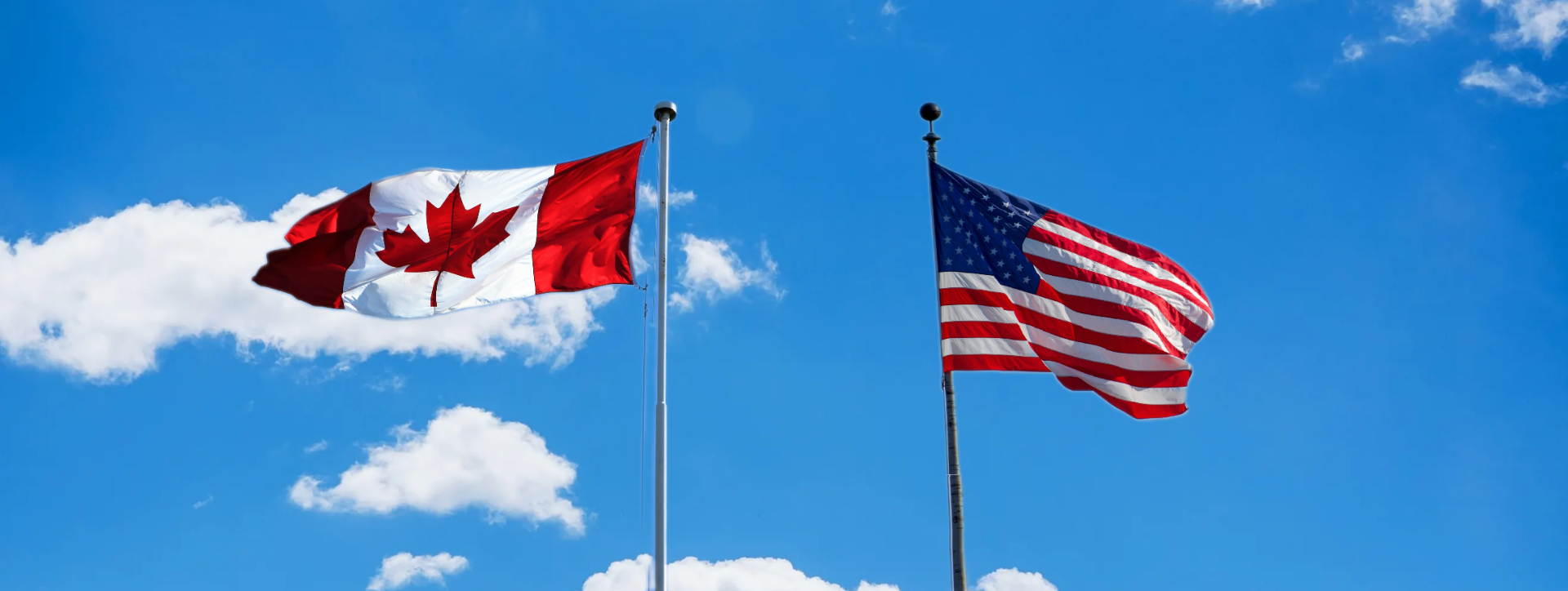U.S. President Donald Trump announced the postponement of planned tariffs on Canadian goods following a constructive phone call with Prime Minister Justin Trudeau. The tariffs will now be delayed for at least 30 days, providing temporary relief to Canadian industries.
On social media, Prime Minister Trudeau confirmed the positive outcome of his conversation with President Trump, describing it as a “good call.” Trudeau emphasized Canada’s $1.3 billion border plan, which includes additional technology, helicopters, and personnel. He also highlighted that nearly 10,000 frontline personnel will be dedicated to border protection. In a key move, Canada has committed to appointing a fentanyl czar, listing fentanyl-producing cartels as terrorist organizations, and launching a Canada-U.S. Joint Strike Force to combat organized crime, fentanyl trafficking, and money laundering.
The suggestion to create a border czar for Canada has garnered significant attention in recent days. Alberta Premier Danielle Smith proposed the idea as a means to streamline border security efforts and better coordinate with U.S. authorities. Former Canadian Armed Forces General Rick Hillier also supported the concept, believing it could send a strong message to the U.S. about Canada’s commitment to safeguarding its borders.
Smith’s proposal has now gained traction following the announcement of the tariff delay. The “fentanyl czar” would be tasked with overseeing Canada’s anti-crime and anti-drug strategies, ensuring the flow of information and resources between Canadian and U.S. officials remains consistent. With this move, Canada has stepped up its efforts to reassure the U.S. that it is actively addressing concerns about border security.
The potential tariffs have raised concerns among industries that depend on the smooth flow of goods across the border. For example, the automotive sector in both countries is highly integrated, with parts crossing the U.S.-Canada border multiple times before final assembly. A 25% tariff increase would have significantly affected costs for manufacturers on both sides.
The delay following a productive conversation between Trump and Trudeau signals a potential shift in the U.S.-Canada relationship. President Trump, while emphasizing the importance of U.S. interests, appeared open to continued cooperation, acknowledging the efforts Canada is making to address concerns about border security.
For Canada, the tariff delay is a positive development, but questions remain about the long-term sustainability of the agreement. Officials will continue to negotiate and collaborate on a range of issues, from trade to security, as they seek to maintain a strong and mutually beneficial relationship.
The 30-day delay in tariffs offers a momentary relief for Canada, which is already taking significant steps to enhance its border security. The inclusion of Danielle Smith’s “border czar” proposal in the broader strategy emphasizes Canada’s commitment to tackling issues such as organized crime, drug trafficking, and border security. While the next 30 days will be crucial for both countries, the ongoing dialogue between Trudeau and Trump could shape the future of U.S.-Canada relations, ensuring that the two nations continue to work together on shared challenges. The world will be watching closely to see if this temporary agreement paves the way for lasting collaboration or if new trade hurdles will arise in the future.
As we all watch with curiosity the outcome of these ongoing discussions, we hope for a mutual understanding that will bring an end to these issues. As close allies both socially and culturally, may the U.S. and Canada come together once again as one, resolving their differences and moving forward in unity and cooperation.

